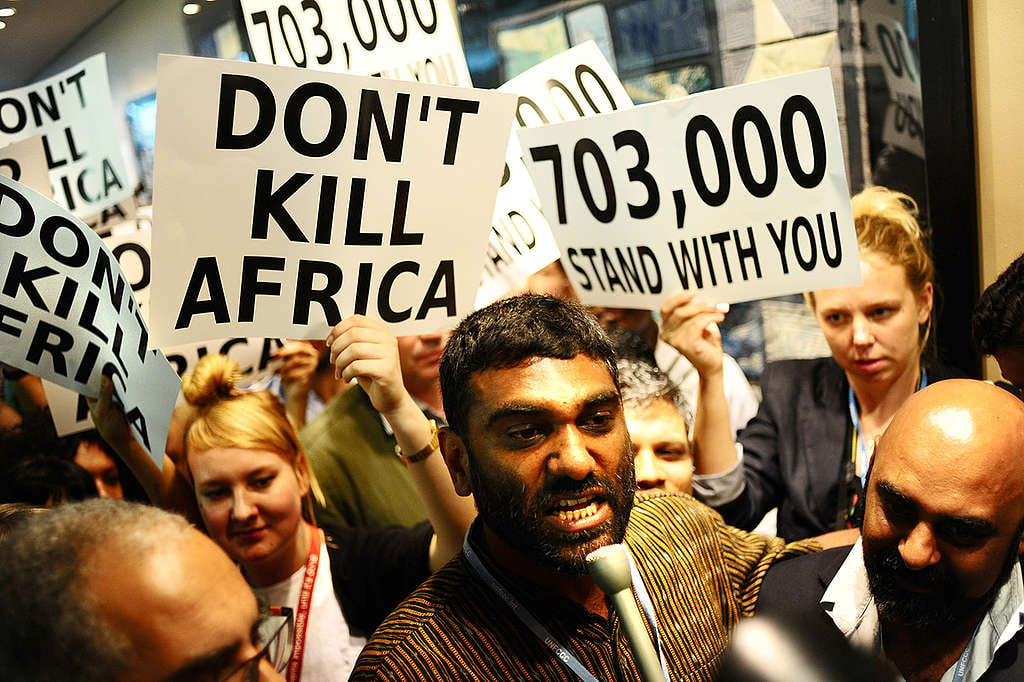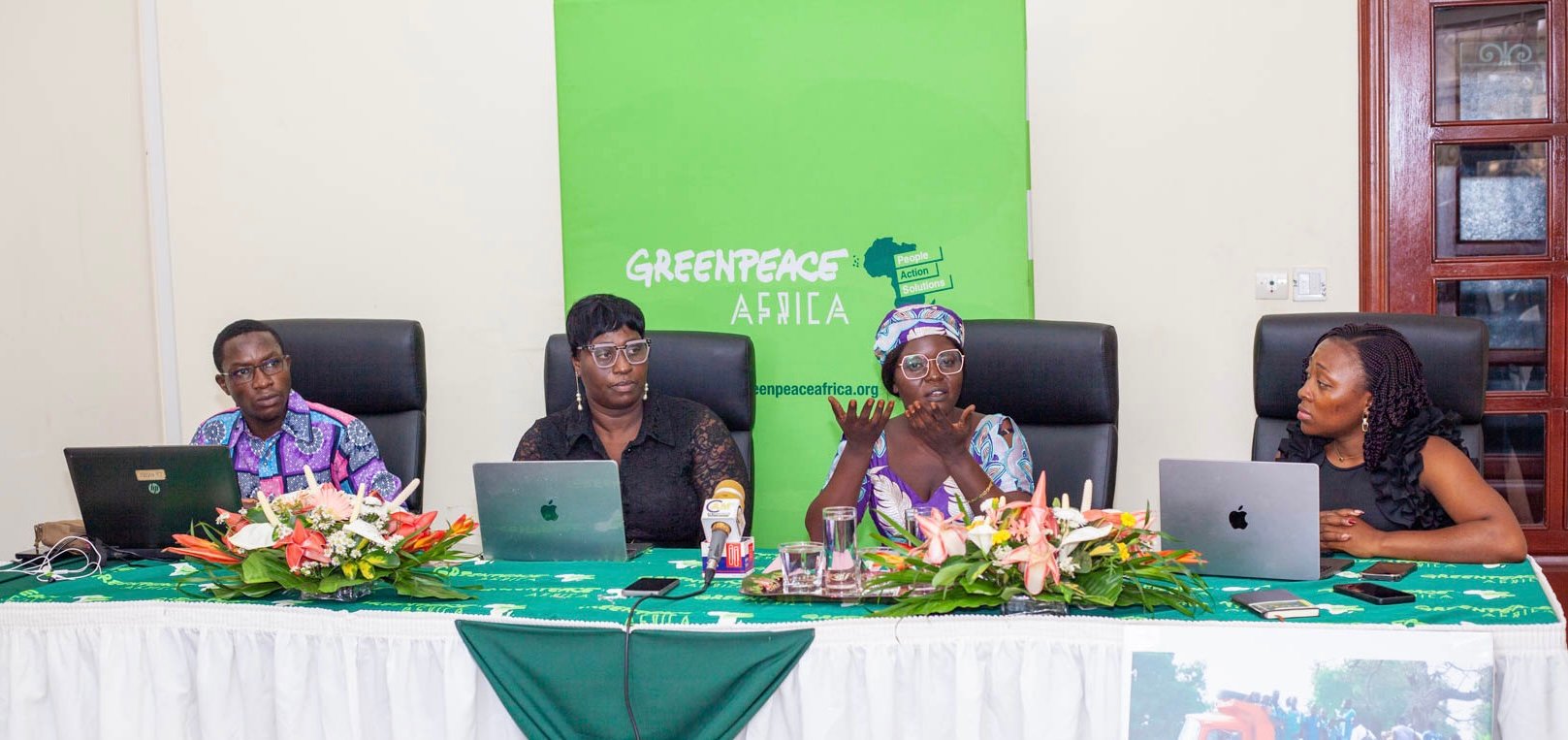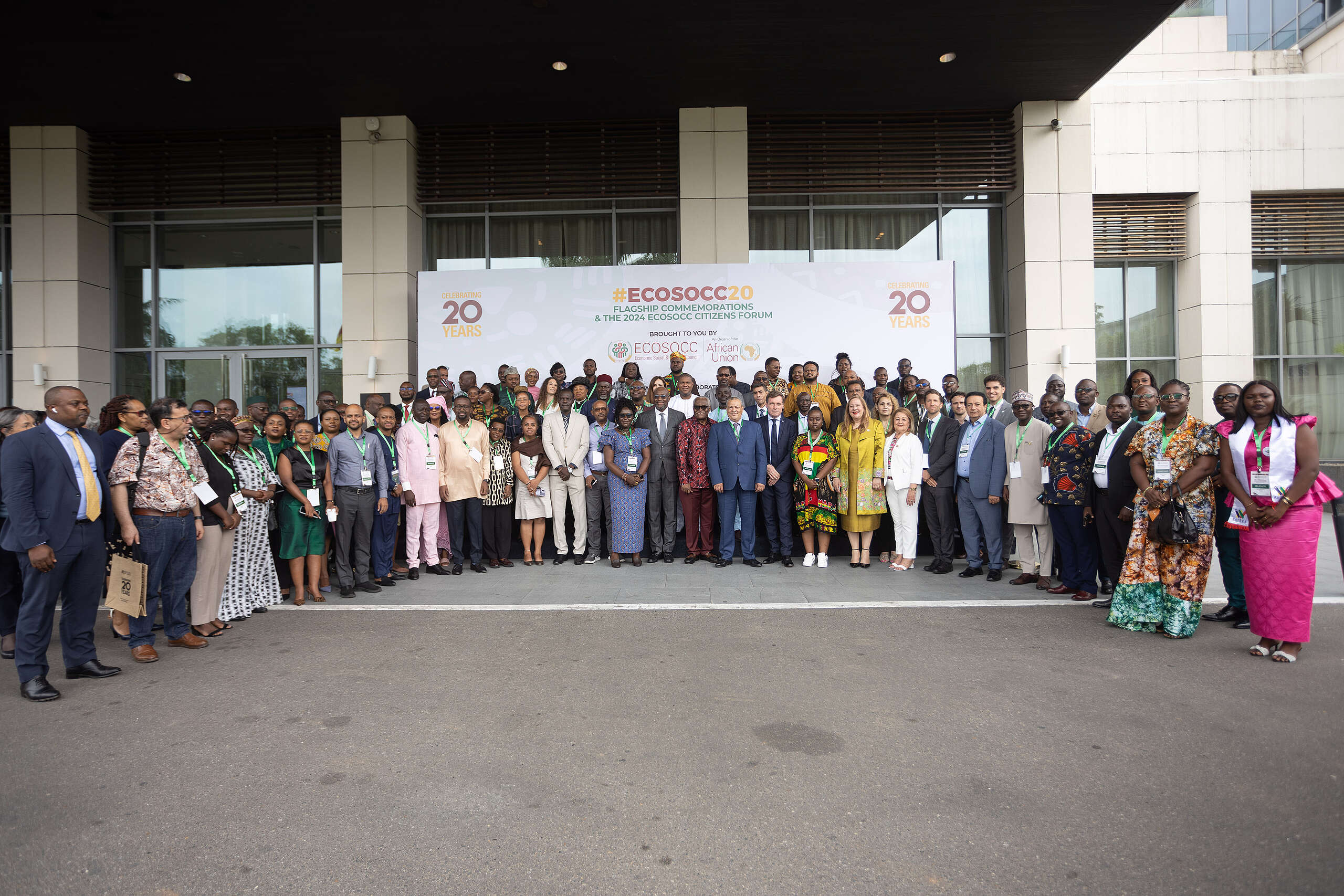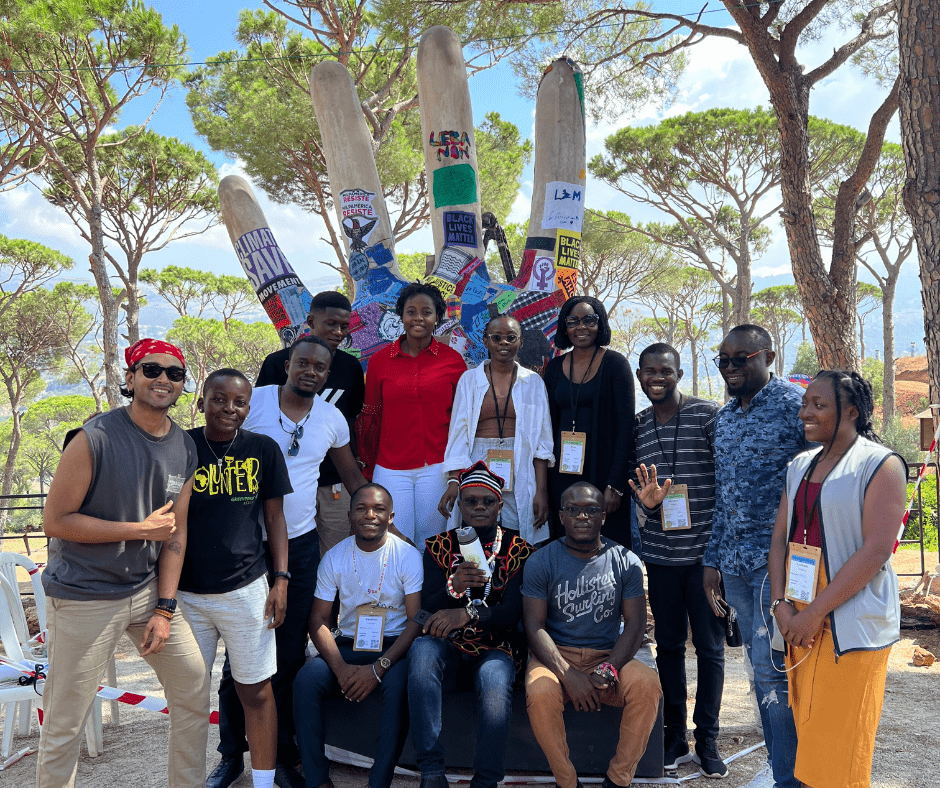
The kettle finishes boiling at precisely the same moment the hum of my ancient refrigerator cuts out at 4:00pm. I’ve gotten really good at boiling the kettle in time for a stint of load shedding. Since I can’t work without power, I make a cup of coffee, find a sunny spot in the garden and sit. Pouting. Happy for the sunshine, but pouting in it still.
Load shedding has been particularly traumatic since moving to Westdene; in its infamous return in late 2019 (Eskom still has not learned how to keep coal dry in the inevitable rain), my block somehow found itself locked into two schedules – 6B and 7A. It was indeed a dark time; although it barely holds a candle to the anti-Soweto crusade Eskom has embarked on in an attempt to service its debt.
Load shedding blues
When South Africans complain about load shedding, I usually repeat the same line: “If only there were a giant ball of burning gas in the sky that we could use to power society reliably!” I often flail my arms in apoplectic desperation – for dramatic effect, of course. It still escapes me that renewable energy is not more widely used, more easily accessed, more affordable, better funded; that we don’t use it as a baseline for what our supply should be, rather than deferring to models dependent on extraction and burning.
“If only there were a giant ball of burning gas in the sky that we could use to power society reliably!”
I sip my coffee loudly. What else is one left to ponder during load shedding? The true cost of coal, maybe? The amount of water coal power sucks up in a second? How the Department of Environment, Forestry and Fisheries thought relaxing South Africa’s sulphur dioxide (SO2) emissions limits was a good idea – during a respiratory pandemic? The red tape and politicking that surrounds renewable energy? How quickly these thoughts can dampen the sunshine.
Looking toward the sun
In any case I am optimistic, despite the general sense of dread that accompanies load shedding on some of the coldest days Johannesburg has seen in years. It’s good to bask in some sunlight for a bit. Such a simple and understated pleasure: some warmth in the winter.
I come inside thinking about a second cup of coffee, delighted to find that the kettle hasn’t cooled down. We need a future where these things are reliable. On a coldest winter day, keeping warm with a cup of coffee. The clearest path to that future has to be in renewable energy. In it we are all together and warm; sitting in the sunshine, holding a cup of coffee.
That is the real vision of environmental justice, and Greenpeace Africa is fighting for this vision every day. You can fight with us by joining a movement of people committed to ending environmental injustice. Sign our pledge here.




